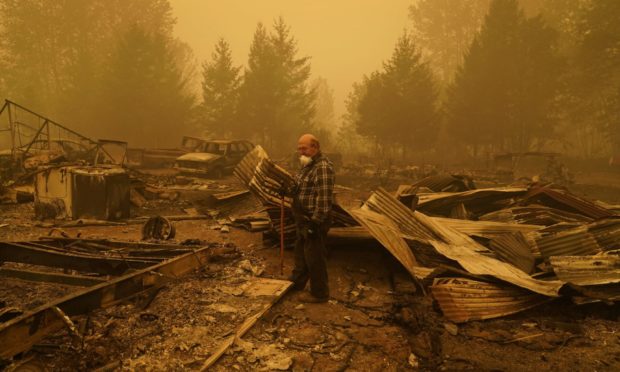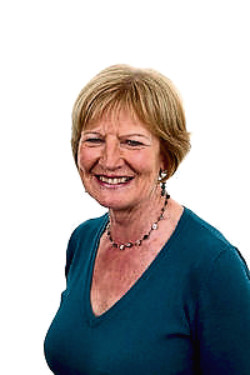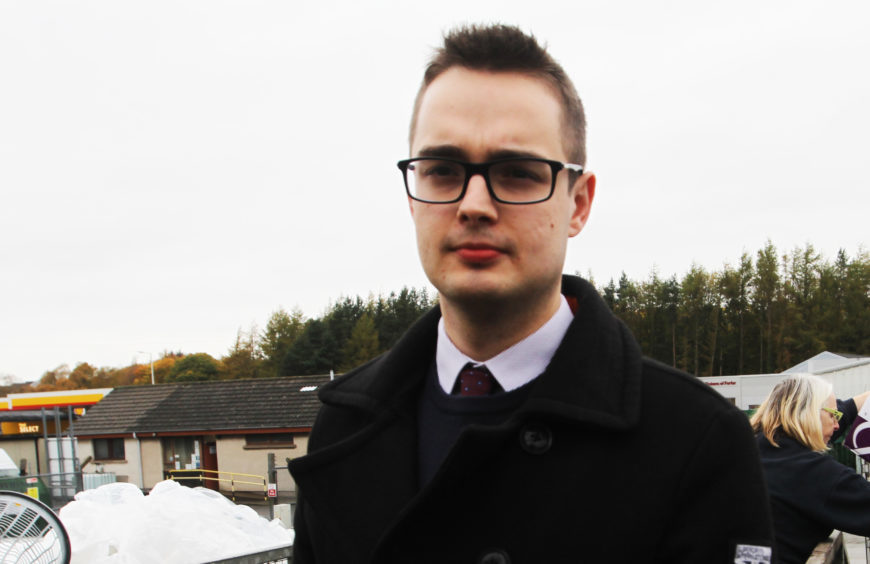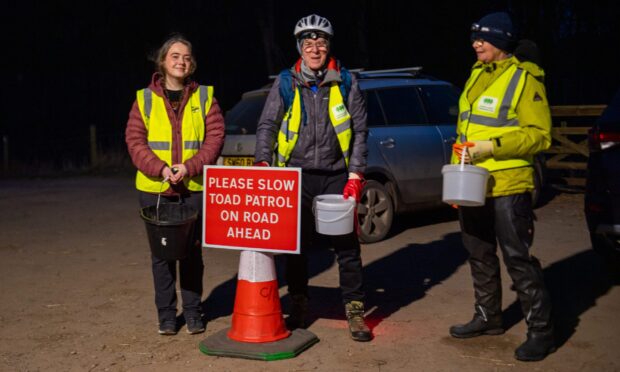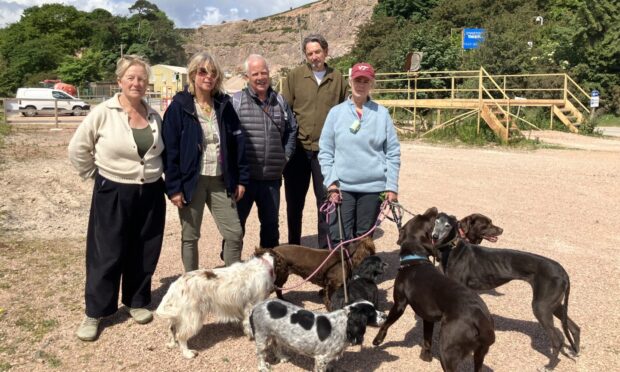More than one in ten people in Angus are still “not convinced” climate change is happening, Scotland’s largest survey of social attitudes has revealed.
A total of 13% of those surveyed in the county for the 2019 Scottish Household Survey said they had doubts about the warming planet.
Of those who did acknowledge climate change, just under a quarter (23%) said it was “more of a problem for the future” rather than an immediate and urgent issue.
More than half, 53%, agreed it was a pressing issue – well below the Scottish average of 68%.
Environment campaigner Ian Whyte, a member of Sustainable Kirriemuir, said the Angus figures did not surprise him.
“There are a core of people who either don’t follow the news or are getting their information from others sources, perhaps those around American politics. There is an element of that in Angus.,” he said.
The number of those unconvinced in Angus was the highest on the Scottish mainland with only the Western Isles showing more citizens with doubts over the existential threat.
Only 1% of Fifers, 5% of Dundonians and 7% of those living in Perth and Kinross were as sceptical on the issue as their Angus counterparts.
Although more than twice the Scottish average of 6%, the Angus figure was well down on those reported in previous years.
In 2015 more than a quarter of those surveyed in the county said they had doubts that climate change was happening.
Mr Whyte said some councillors had made it a political issue.
“As far as I am aware, Angus is one of the only councils in Scotland who voted on the climate emergency along political lines,” he added.
Angus administration councillors last year amended a motion declaring a climate emergency to remove a target to become carbon neutral in the county by 2045.
Councillors said Angus was too rural to de-carbonise rapidly and questioned what other parts of the world were doing to tackle the problem.
Councillor Lynne Devine, SNP group leader, said the survey findings were “surprising” and “concerning” given the high profile of environmental issues in the media.
She said the council’s climate change group hoped to publish a Climate Change Action Plan before the end of the year, which would be accompanied by a range of new messaging.
Administration economy spokesman councillor Braden Davy, Conservative, who highlighted the challenges around decarbonising Angus quickly during last year’s debate, said it was “ disappointing” to hear so many people did not believe in the evidence.
“Climate change is happening. All the evidence shows this is linked to our carbon emissions.
“However, this doesn’t take away from the fact that decarbonising a rural economy like Angus is much more difficult and needs much more support compared to cities,” he added.
